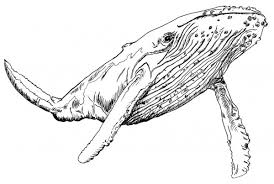"If it makes money, it’s good."
As children we knew this was absurd.
We knew this afloat on our backs
Free and drifting
For the first time alone
In cold Lake Michigan in sunlight.
Free and drifting
For the first time alone
In cold Lake Michigan in sunlight.
They said --
The standing lamp broadcasting
Ghoul-golden light as it was pronounced --
To go against this
The standing lamp broadcasting
Ghoul-golden light as it was pronounced --
To go against this
Would cause us to be penniless
And to starve.
And to starve.
We accepted this
And gradually went mad.
Years pass
As a pale car fade
Into the eastern haze and
We sense now A Turning.
As a pale car fade
Into the eastern haze and
We sense now A Turning.
We sense that we may now recall
What we knew as children.
What we knew as children.
Sometimes I hear within the chambers of my skull
Metal girders creaking and bending,
Wailing under the weight of something
impossible.
Sometimes I can see in my mind’s eye
The beginning of the fall of a building,
The beginning of the fall of a building,
And then the mid-air pause that it holds
Before it collapses inward upon itself
In a whoosh that is both rapid
And traceable in real time.
Before it collapses inward upon itself
In a whoosh that is both rapid
And traceable in real time.

